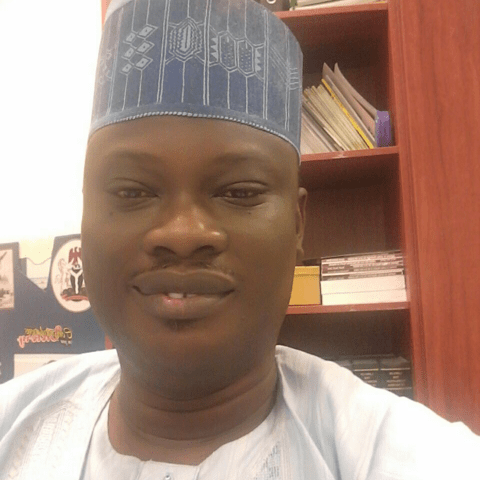By Angela Agoawike, FNGE
With Writing for Media and Monetising It: workbook (WMMI—W), Azu Ishiekwene joins celebrated Nigerian authors such as Chimamanda Adiche and Sefi Atta as one of the few who have published Workbooks as sequels to original books.
For Adiche, it was Dear Ijeawele: A Feminist Manifesto to her We Should All Be Feminists, while Atta’s workbook was titled The Last Days at Forcados High School, a sequel to a book of the same title.
In other words, writing workbooks as sequels is not widespread among authors in this part of the world.
In the workbook, Azu discusses the same issues in the main book, chapter by chapter. However, the workbook stands out for its conversational and easy-to-read feel, with short takes and first—and third-person experiences.
Reading the main book to gain background knowledge of the issues discussed in the Workbook is essential. Should one, however, lay hands first on the workbook, Azu makes it easy for the reader to get the gist still as he discusses styles and techniques one could deploy to monetise the contents of intellectual output.
As a writer, Azu says that finding your voice is good but insufficient. You must be comfortably creative and find a space that gives you the space, whether it’s locking yourself in or going to the library; the thing is to find a space that stimulates that creative side of you, and when you write, to make your writing uniquely you.
Despite his traditional media background, Azu takes on issues millennials and Gen Zs see as their preserve – artificial intelligence (AI)- and its importance for contemporary media writers. He discusses, in a very engaging manner, the ongoing AI debate about the ethical values of AI and its many tools, from ChatGPT to Perplexity and Grammarly, among others.
His advice? Embrace them, master them. Ultimately, the final decision of what to accept from such AI tools lies with you; you are in the driver’s seat.
While each chapter of the workbook explains how to understand and accomplish the contents of the same chapter in the main book, the questions at the end of each chapter help the reader self-evaluate his or her understanding.
With the onset of technical publishing and broadcast tools, For Azu Ishiekwene, the workbook, cryptically called WMMI-W, is produced as an easy guide to understanding the main book – Writing for Media and Monetising It.
It comes in a well-packaged, easy-to-read, easy-to-understand style. The aesthetics from cover to cover are excellent. If the title does not attract a reader, chances are they would be drawn in by the spacing, paper quality, and neatness, all of which make the book compellingly attractive.
Agoawike, former editor and Head of the OPEC PR and Information Department is Omalicha Media Network’s founder.



